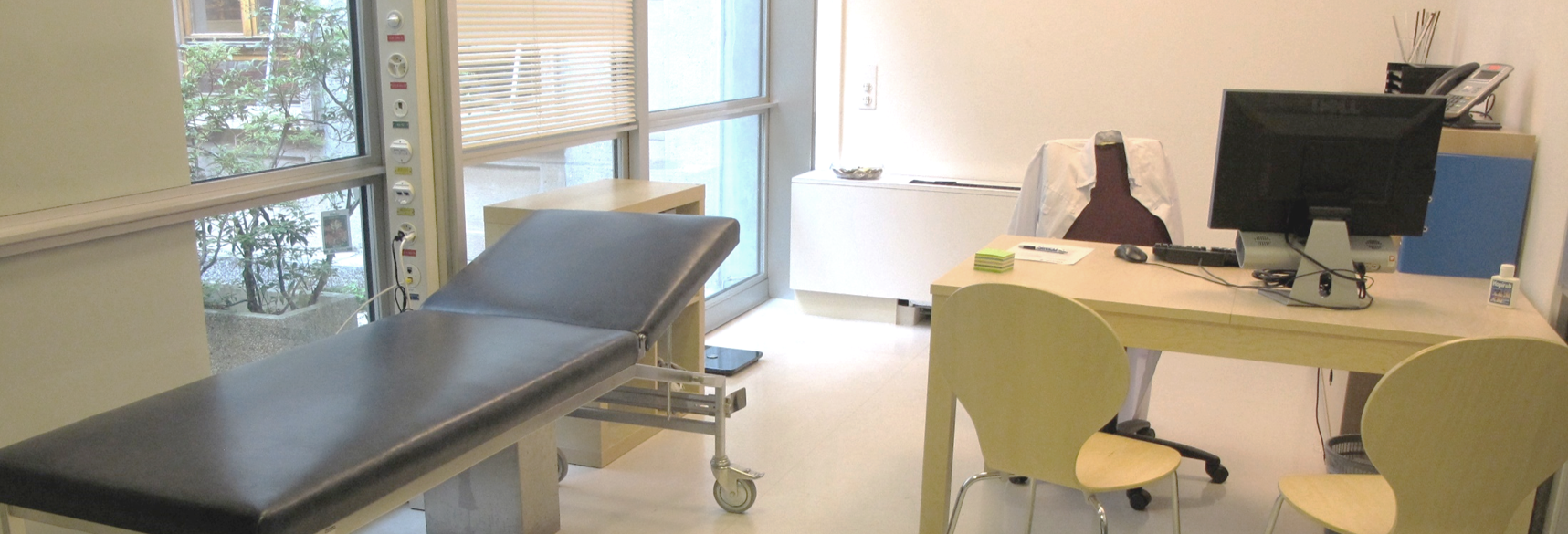User-Centered Design
We integrate the user pespective in digital products and services
The User-Centered Design (UCD) process allows to identify and meet end-users expectations through iterative analysis, design thinking and user-testing. This approach improves users’ satisfaction and ensure the development of easy to use, efficient and effective solutions.
Strategy & user research
Understand user needs and their context of use
We define the project strategy and conduct user research by the means of:
- Competitive analysis, service blueprint
- Observations on the field
- Interviews, focus groups, questionnaires
ideation/specification
Transform user needs into functionalities
We analyze and visualize user needs and transform them into functionalities using design thinking methods, such as:
- Personas, user journey maps, experience maps
- Co-creation sessions, workshops, brainsortmings
Persuasive design
Psychology at the service of user engagement
To maximize user motivation and engagement, we rely on following applications of cognitive and applied psychology:
- Persuasive design principles
- Gamification
- Behavior changes strategies
Ui & interaction design
Iterative design of intuitive interfaces
We define the user interface architecture and test it with users using:
- Card sorting test and tree testing techniques
- Prototyping methods
UX Evaluation & impact
Testing and validation with end-users
In an iterative process, several evaluations are performed during and at the end of the project, such as:
- Expert review and heuristic evaluation by UX experts
- Usability test with end-users
- Eye-tracking studies
- Assessment of users' satisfaction, technology acceptance, quality of life and more
The lab
Our user test lab, located at the heart of the HUG, offers a unique proximity to the healthcare end-users community. The lab is equipped with all the necessary equipment (ceiling cameras, screen recording, video analysis software, …) to run usability test sessions in various simulated use environments. Tests are observable through live streaming from an observation room adjacent to the test room. more info

Projects of interest
Infokids: The app that helps relatives before, during and after pediatric emergencies
Available in app stores (more info)
- User research through interviews
- Information architecture through card sorting test
- Evaluation through expert review and usability test with end-users
Project supported by the HUG private foundation and the Hubert Tuor foundation
dolodoc: The app that supports patient living with chronic pain
Soon in app stores (more info)
- User research through interviews
- Ideation through personas and brainstormings
- Persuasive design implementation through principles, gamification and behavior change strategies
- User interface definition through prototyping methods
- Evaluation through usability test with end-users
Project supported by the HUG private foundation
